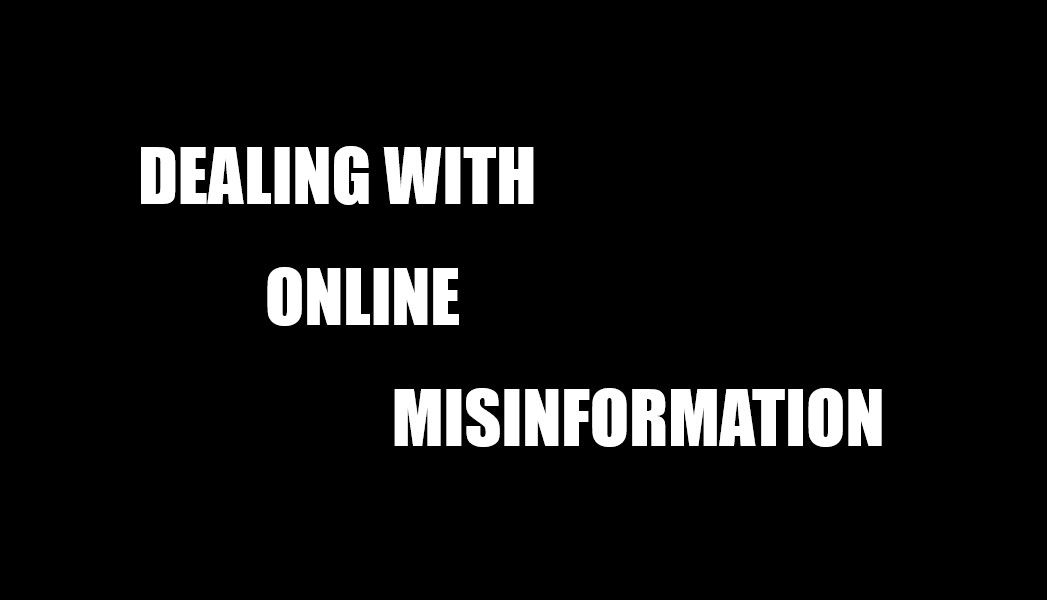
The spectacle and athletic excellence in the Paris Olympics have offered a welcome respite and an uplifting alternative to the world’s harsh realities. Sadly, two incidents demonstrated that not even the Olympic Games are safe from the growing plague of social media misinformation.
For example, protests erupted over a scene presented during the opening ceremony of the Olympics. Conservatives mistook The Feast of Dionysis for Da Vinic’s Last Supper and attacked it as disrespectful to Christians. (The Olympic ‘Last Supper’ scene was, in fact, based on a painting of Greek gods, say art experts | Paris Olympic Games 2024 | The Guardian.)
A second outcry came a few days later when anti-tran sources protested the Algerian boxer Imane Khelif’s participation in the Olympics because he was transgender. To be clear, Ms. Khelif is not trans. She has the biological anomaly known as Difference in Sexual Development (D.S.D.), which is not the same as being transgender. (Olympics: Don’t distort facts in Algerian boxer case (bostonglobe.com)
Sadly, online misinformation is not the only problem; our indifference to the truth and our willingness to believe scandalous stories undercuts the standards we make media accountable. Indeed, fact-checking should have prevented these false reports from seeing the light of day.
Those who are quick to protest don’t care about the truth. They want to promote lies that agree with their beliefs. Here are some thoughts that explain the psychology of lying and some tips for dealing with it:
The Fear and Paranoia
Jumping to false and negative conclusions is a distortion of perception called paranoia. Paranoia is an unjustified suspicion and mistrust of other people or their actions or the unwarranted or delusional belief that one is being persecuted, harassed, or betrayed by others.
Apart from the Olympics, social media is littered with other baseless conspiracy theories such as “the deep state,” “the war against Christmas,” or the dangers of the COVID-19 vaccines, which also show an indifference to the facts.
Conspiracy in Context
While conspiracy theories have existed for a long time, they tend to increase during difficult times. Over the past few years, the devastation caused by COVID-19 has overwhelmed many, providing the perfect setting for misinformation to spread. Conspiracy theories express what people fear and dread.
We must understand that harmful experiences predispose us to see other destructive events. Hypervigilance, however, also blocks our ability to think clearly. A fearful or angry outlook anticipates trouble and is predisposed to finding it to protect against being caught off guard.
Adding social media technologies, the advent of artificial intelligence (AI), and malicious efforts from foreign countries supercharge the impact of misinformation and lead to intensified confusion, fear, and anger. The omnipresence of misinformation makes it difficult to tell the difference between what is true and false.
Tips for Coping with Online Misinformation
While exposure to exaggerated and false claims is inescapable for anyone who uses the internet, here are some reasonable things you can do to minimize its effects:
— LIMIT YOUR EXPOSURE TO SOCIAL MEDIA
The first step to minimizing your vulnerability to misinformation is to cut back on your time on the internet and social media. Repeated studies show that the more a person is exposed to lies and misinformation, the more credible they become. As Joseph Goebbels demonstrated in Nazi Germany, repeating lies often enough can make even outrageous lies sound reasonable.
— BE SKEPTICAL OF SOCIAL MEDIA POSTS
Adopting a cautious and skeptical attitude when using social media is essential. The key to handling any information obtained from social media is to understand and accept that misinformation efforts are genuine.
— BE AWARE OF YOUR OVER-REACTIONS
It’s also important to understand that bias is a two-way street. If a news story angers or, in some other way, stimulates intense emotions within you, chances are your initial perceptions may be distorted.
When this happens, call a time-out to calm your sense of alarm. Only when the upset is calmed can you think clearly. Calming techniques such as intentional breathing, prayer, meditation, listening to music, or walking can restore access to the rational part of our brain. Mindfulness Psychotherapy | Pastoral Counseling Syracuse NY (revmichaelheath.com
Many times, we are upset by reports that trigger traumatic associations with past and unrelated experiences. Placing a present issue into the context of one’s personal history can help you view news stories more rationally.
— REALITY-TEST THE CLAIMS and STAY OPEN TO NEW INFORMATION
Finally, one can reality-test the claims of suspicious posts after one is calm. Look for verifiable facts. Consider the bias of the sources of the postings. Look for multiple sources of the same information.
Also, whatever your assessment, stay open-minded to new information. Understanding is a dynamic process that changes with new and additional facts. While it may be more challenging to know what is real and what is not, the task is not impossible.
*****
Unfortunately, misinformation has become part of everyday life. However, by being mindful of the challenges, you can learn to cope more effectively and reduce your confusion and stress.
Rev. Michael Heath, L.M.H.C., Fellow A.A.P.C. August 7, 2024



